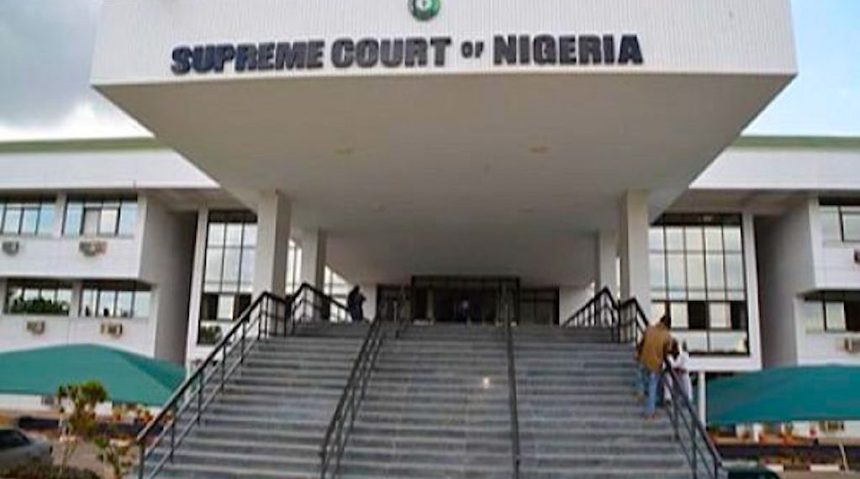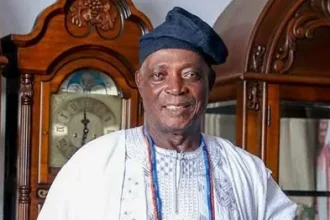The Supreme Court has finally resolved a protracted royal succession dispute by reinstating Al-Mustapha Haruna Jokolo as the 19th Emir of Gwandu, ending nearly 20 years of legal wrangling.
In a landmark judgment delivered on Wednesday in Abuja, a five-member bench headed by Justice Uwani Abba-Aji ruled in favour of the deposed monarch.
The apex court’s decision aligns with previous rulings by both the Kebbi State High Court and the Court of Appeal, which had ordered Jokolo’s return to the throne.
Jokolo’s dethronement in 2005 by the then Kebbi State Government was steeped in controversy.
He immediately approached the courts to challenge his removal, initiating one of the country’s most enduring traditional leadership disputes.
Initially scheduled for June 6, the Supreme Court’s verdict was delivered earlier, on June 4, 2025, due to the upcoming Eid-el-Kabir festivities.
In reaching its decision, the court examined four appeals and two cross-appeals before delivering a consolidated judgment affirming Jokolo’s right to resume his position as Emir.
Barrister Sylvester Imhanobe appeared for Jokolo, while the Kebbi State Government and the current Emir, Alhaji Muhammadu Ilyasu-Bashar, were represented by Senior Advocates of Nigeria, Yakubu Maikyau and Hussaini Zakariya, respectively.
The ruling is anticipated to bring long-awaited resolution to the emirate’s leadership impasse that has persisted since 2005.
In Birnin Kebbi, the Supreme Court’s pronouncement sparked varied reactions. While some welcomed the development, others called for peace and reconciliation within the emirate.
With the legal battle now concluded, focus turns to how Kebbi State authorities and the traditional council will navigate the implications of the Supreme Court’s definitive ruling.







